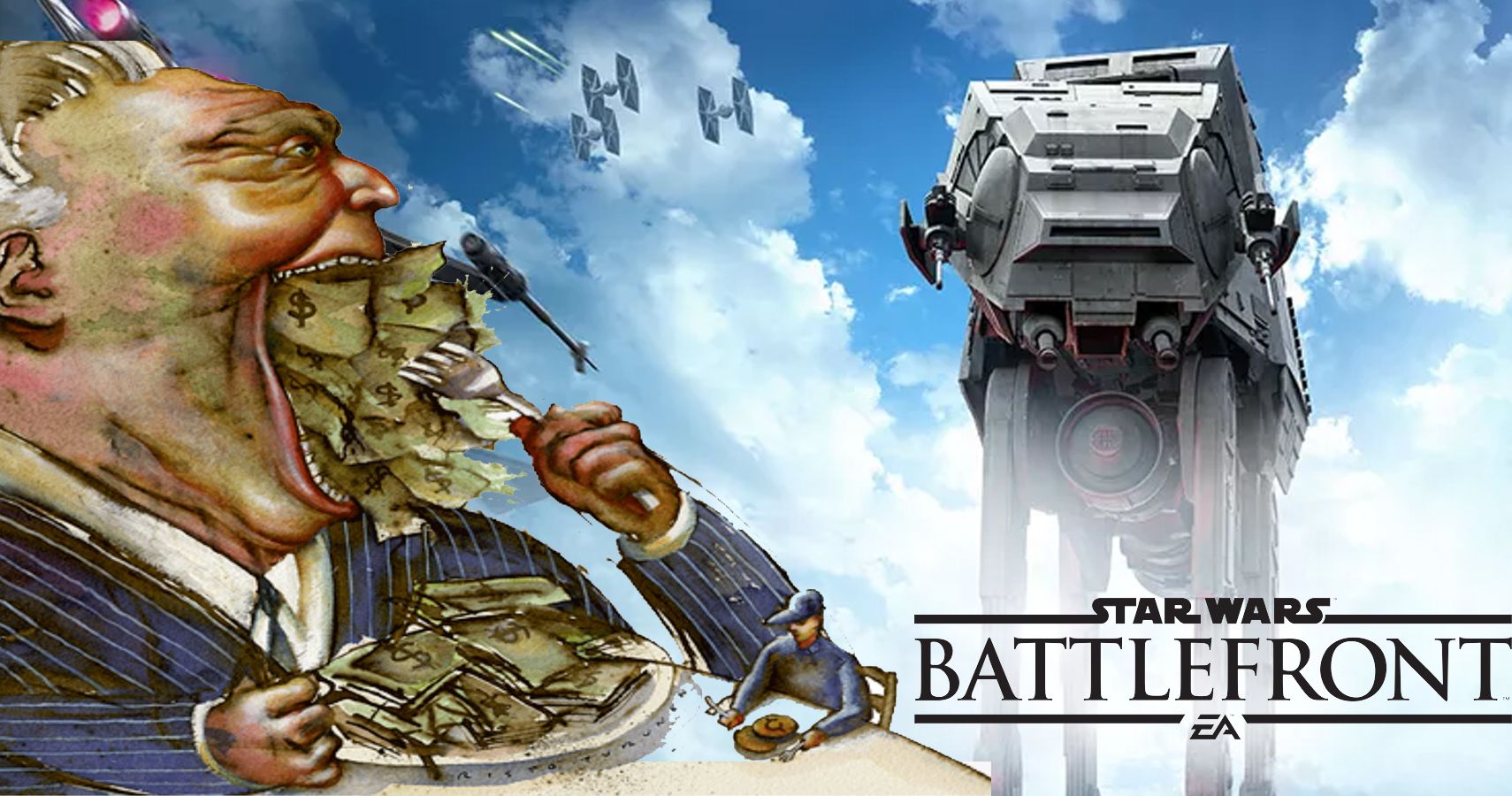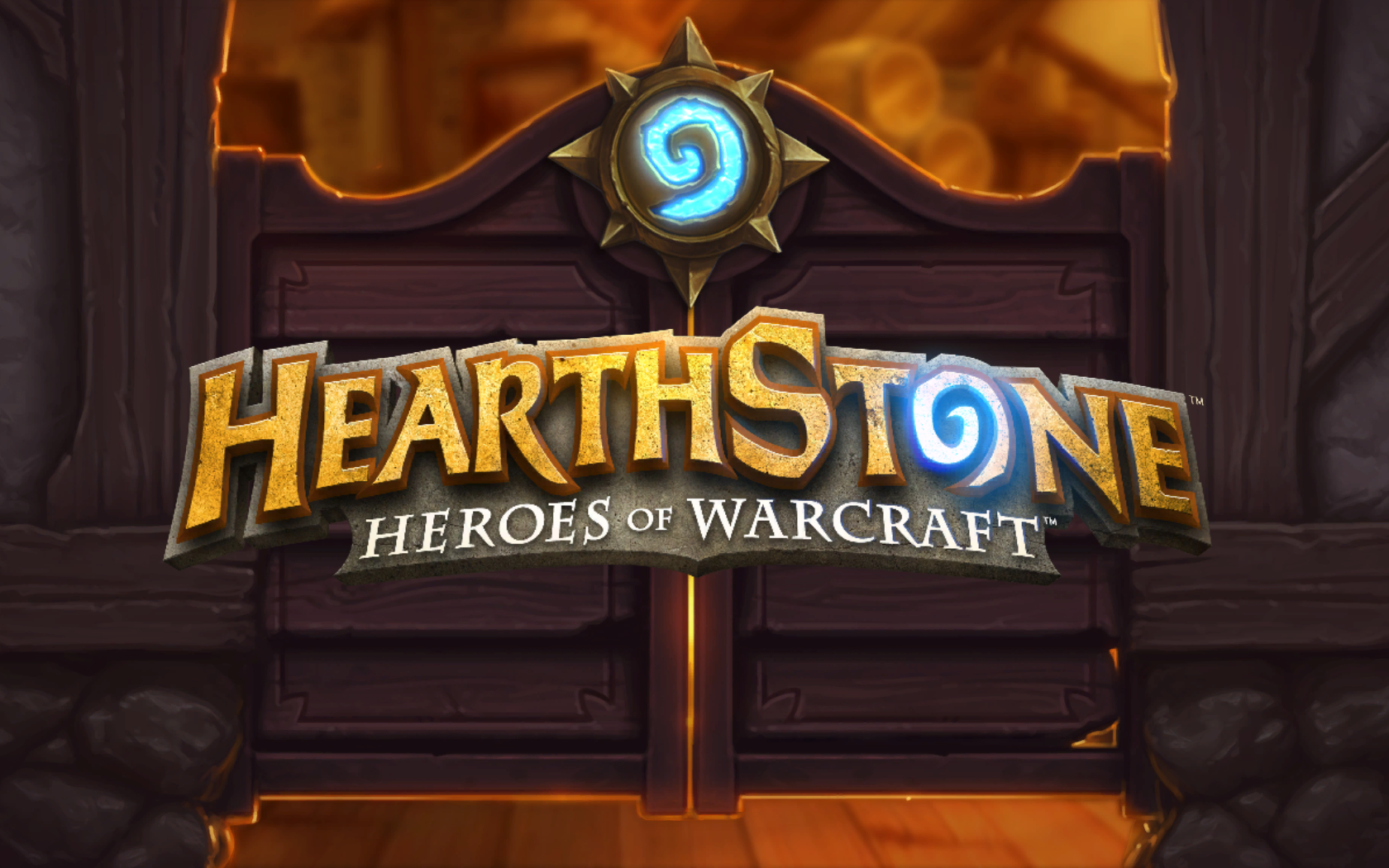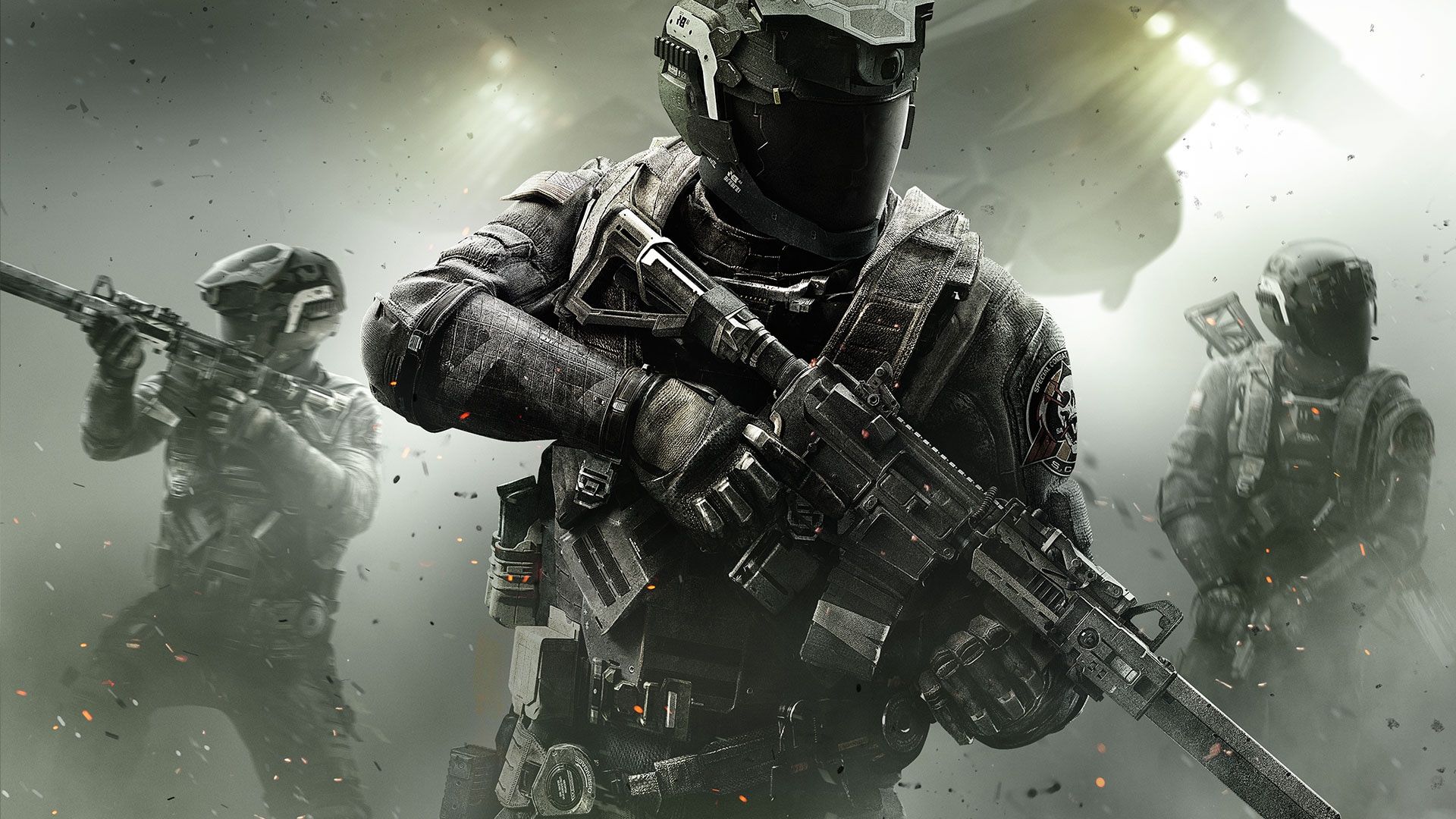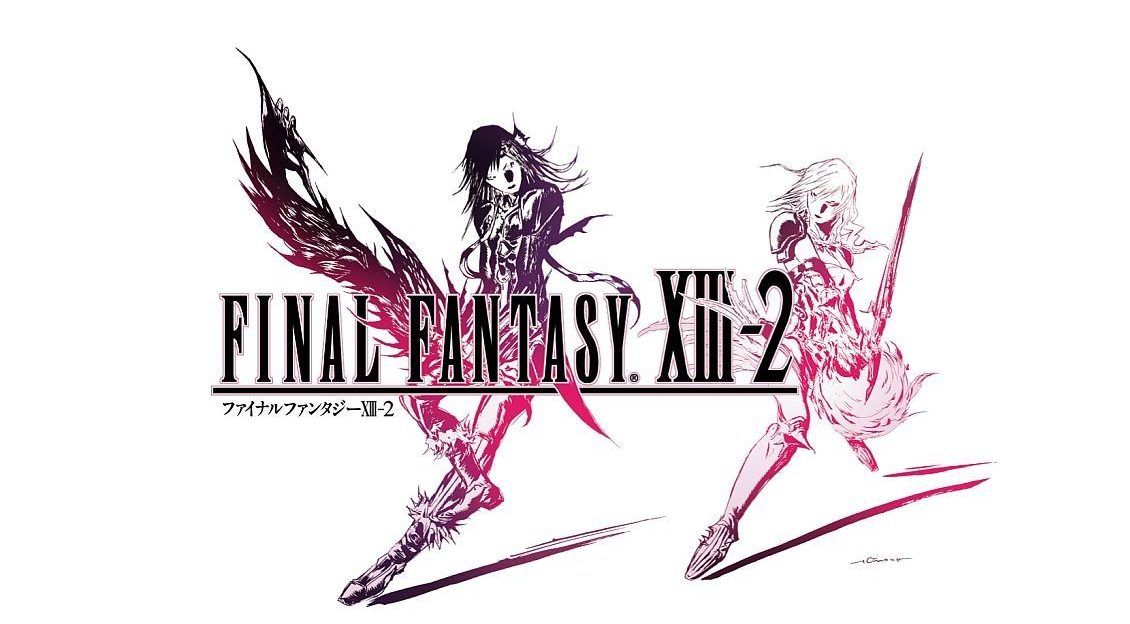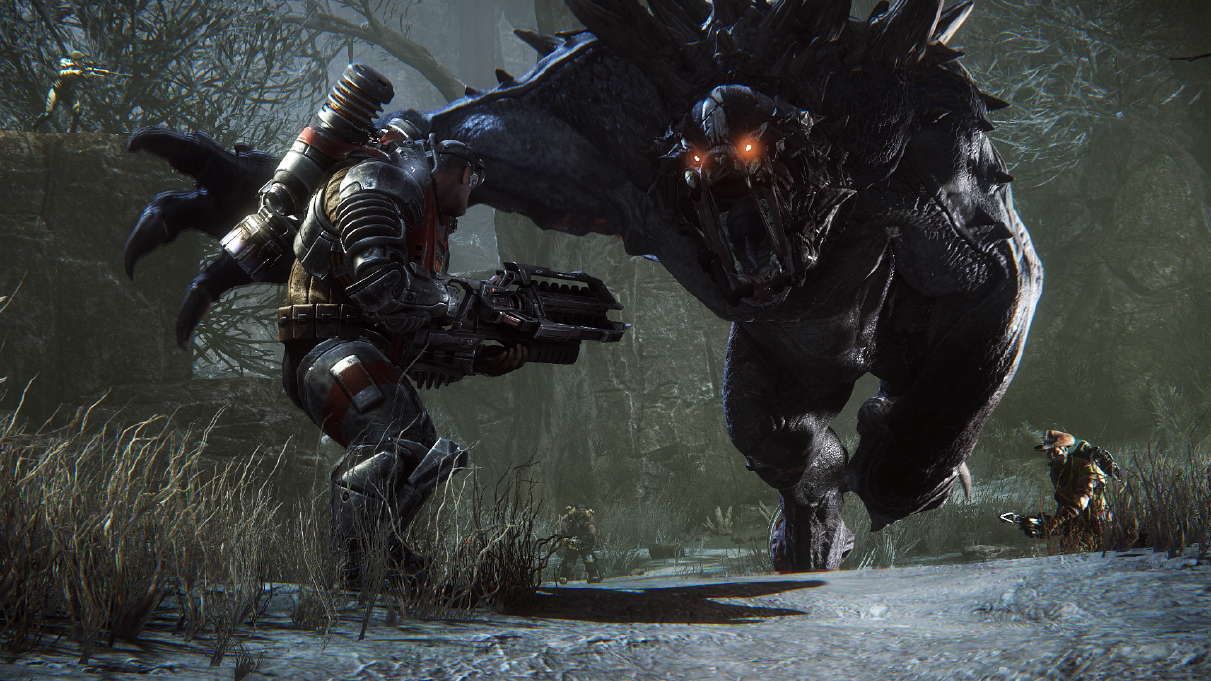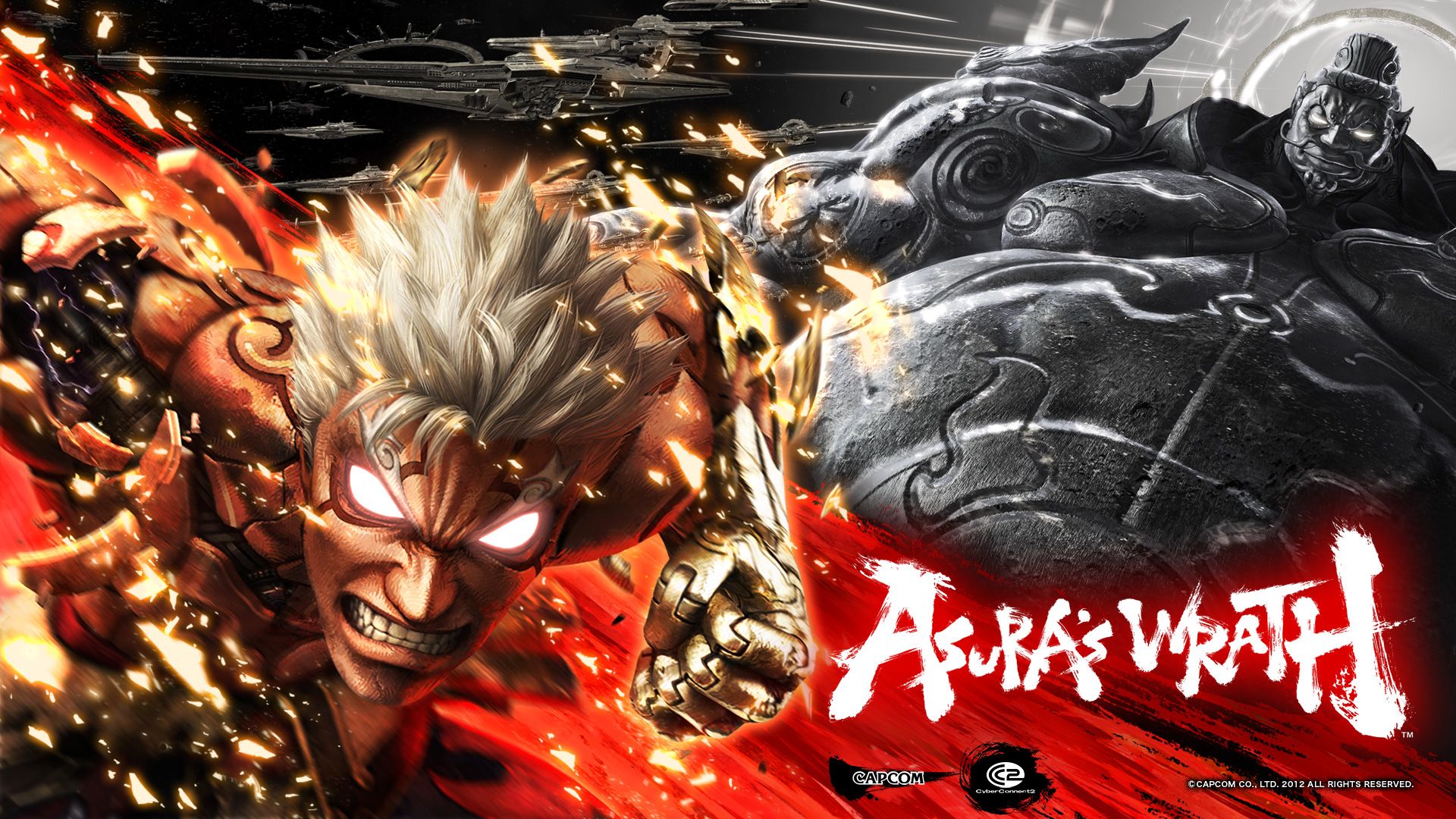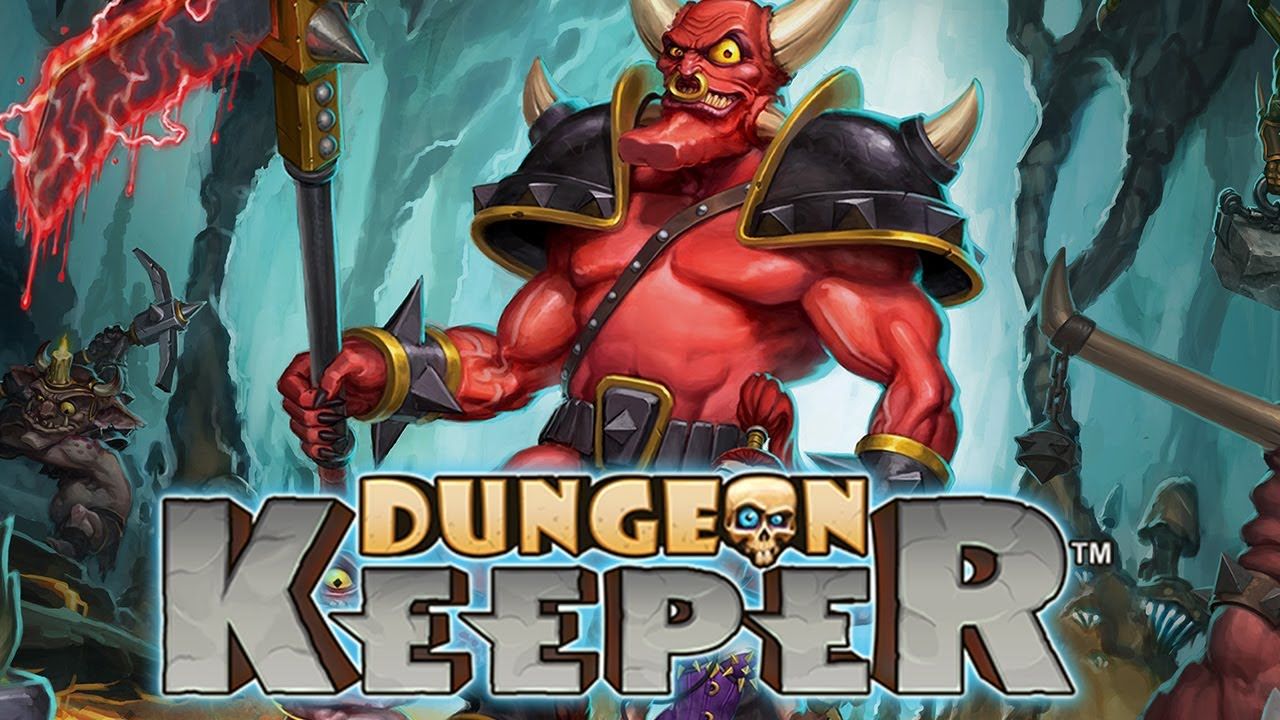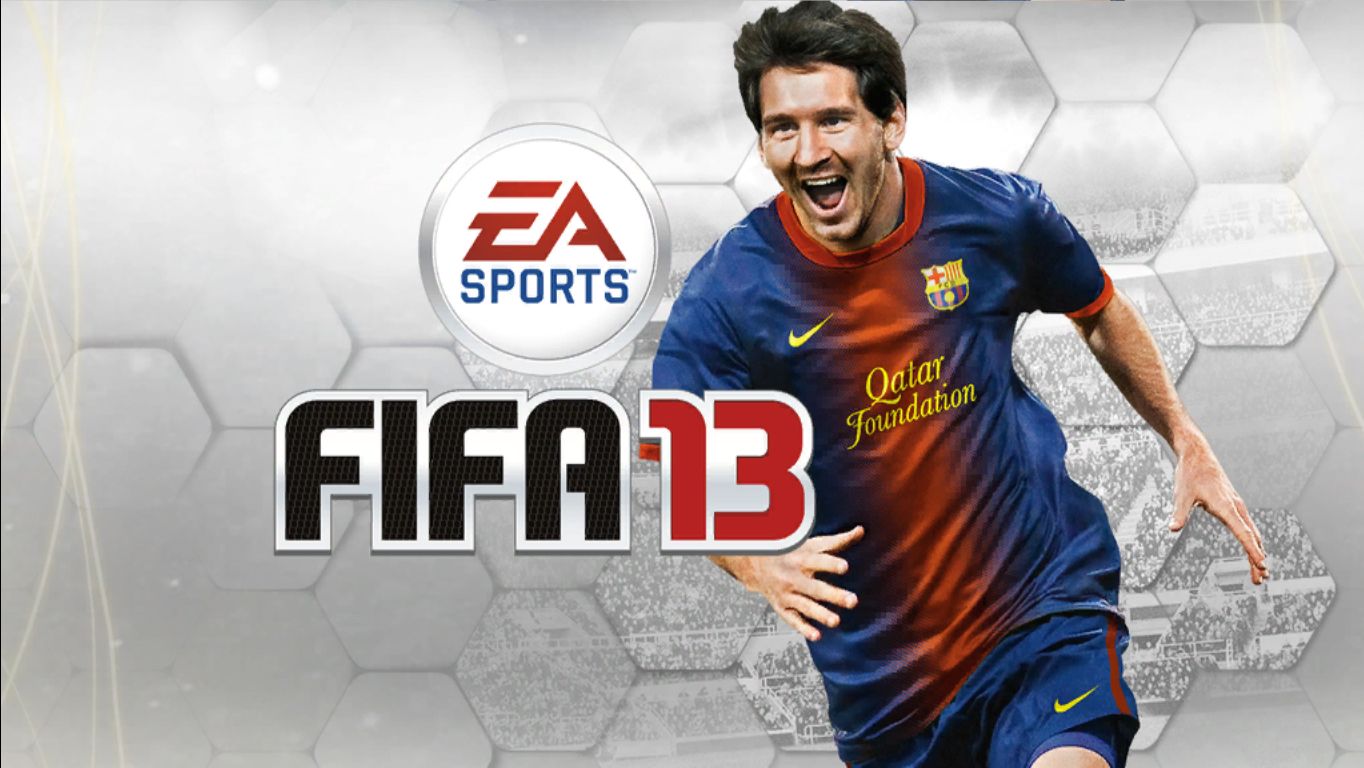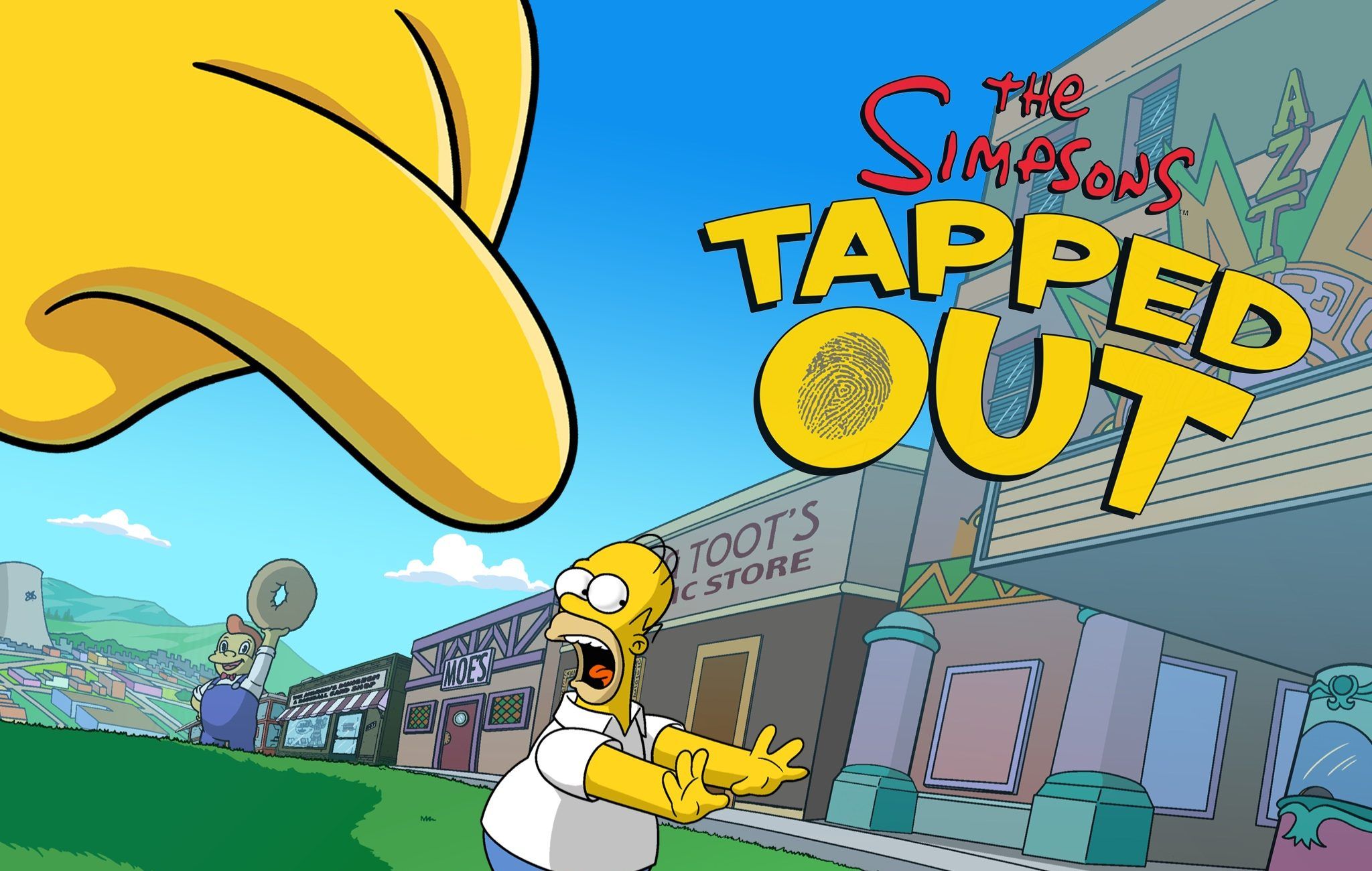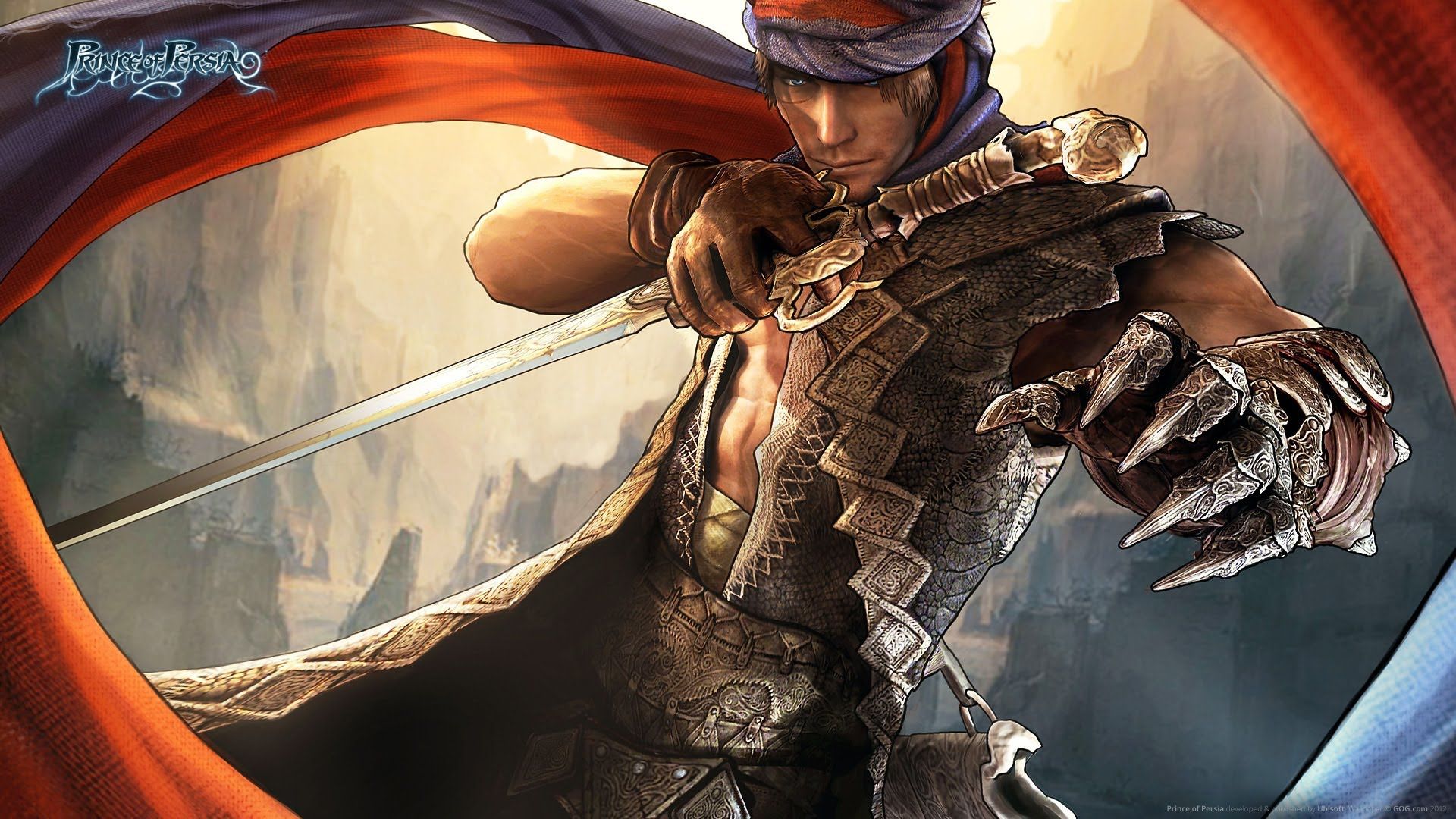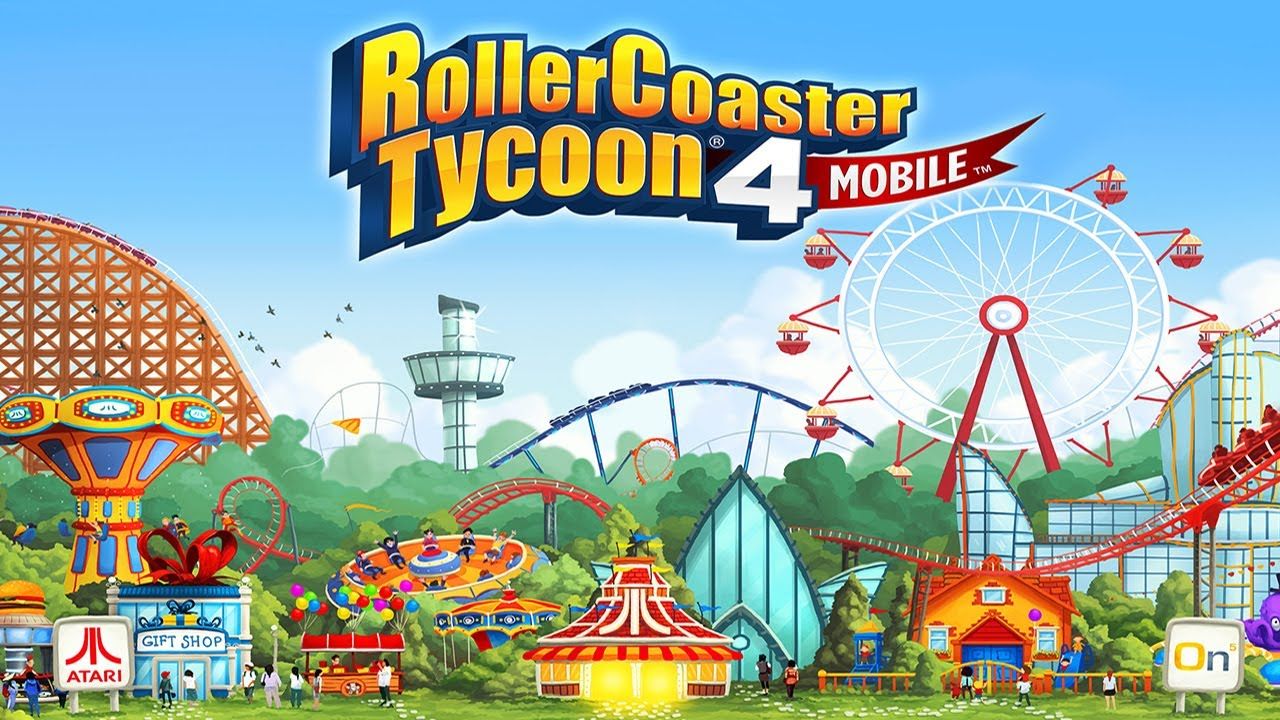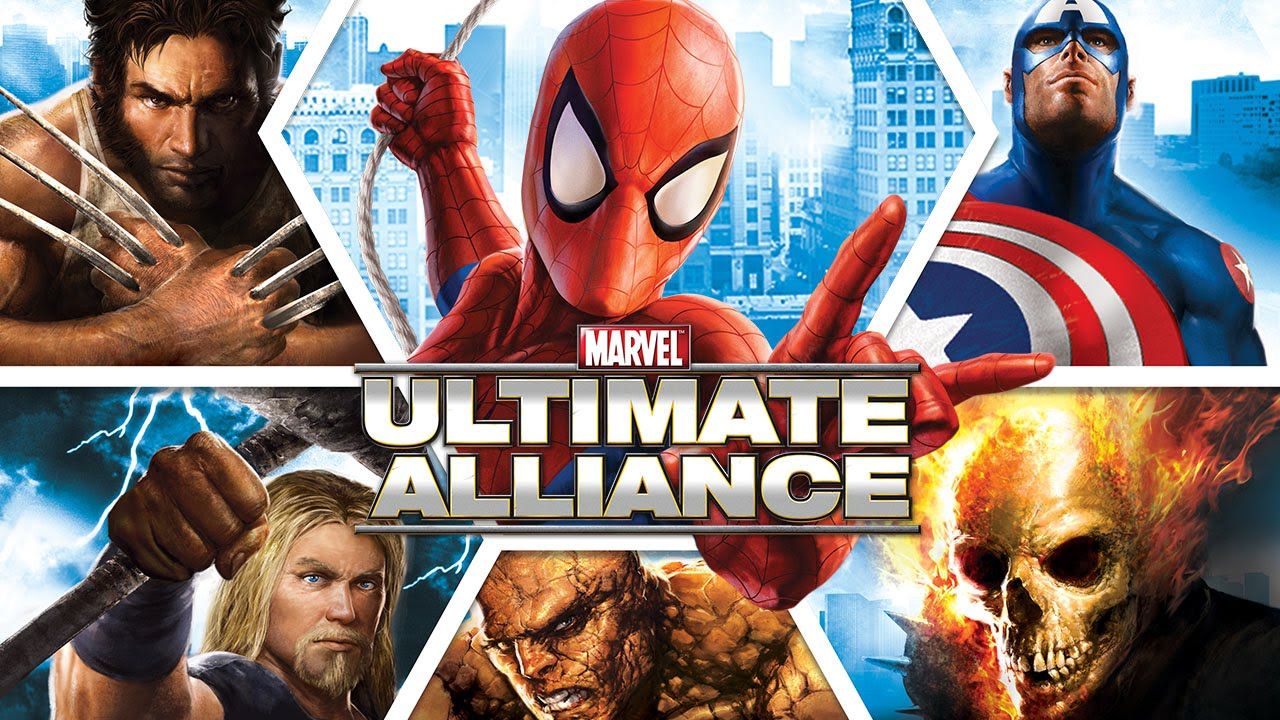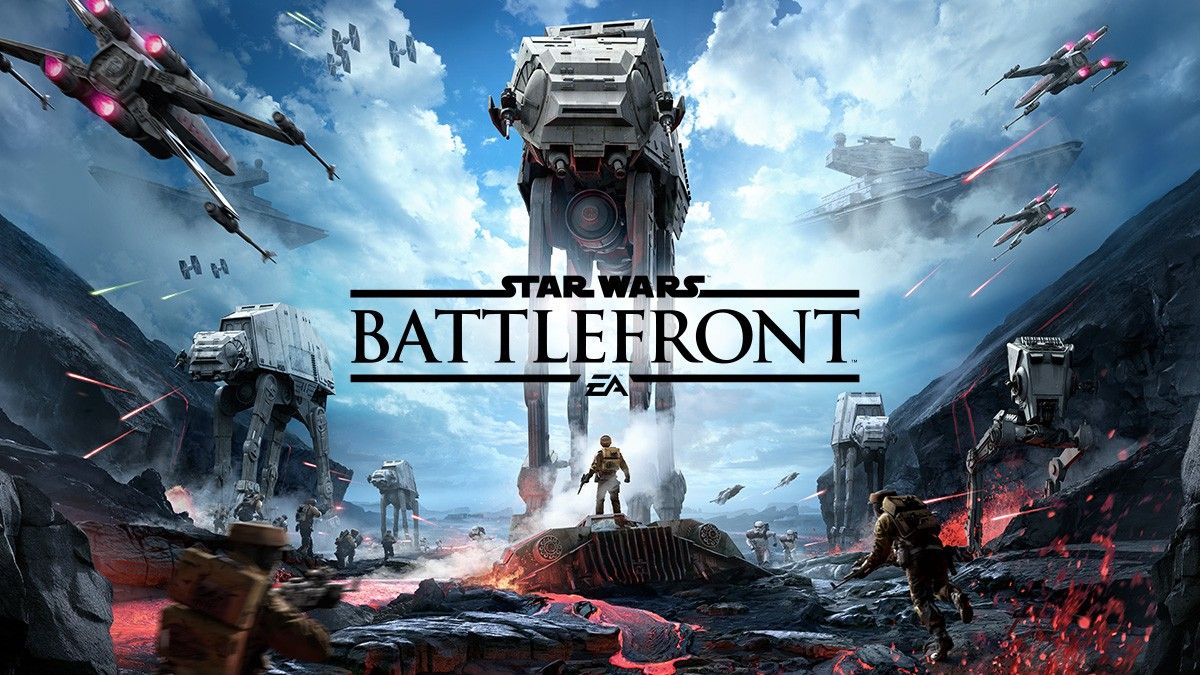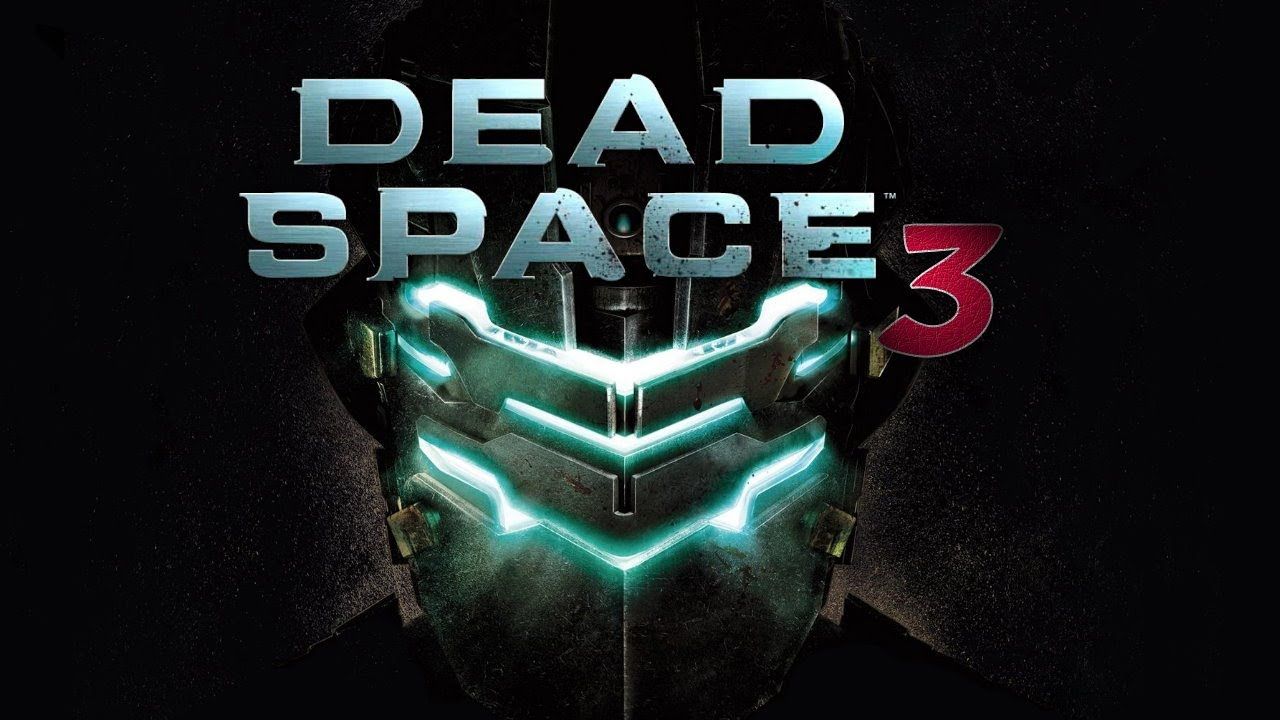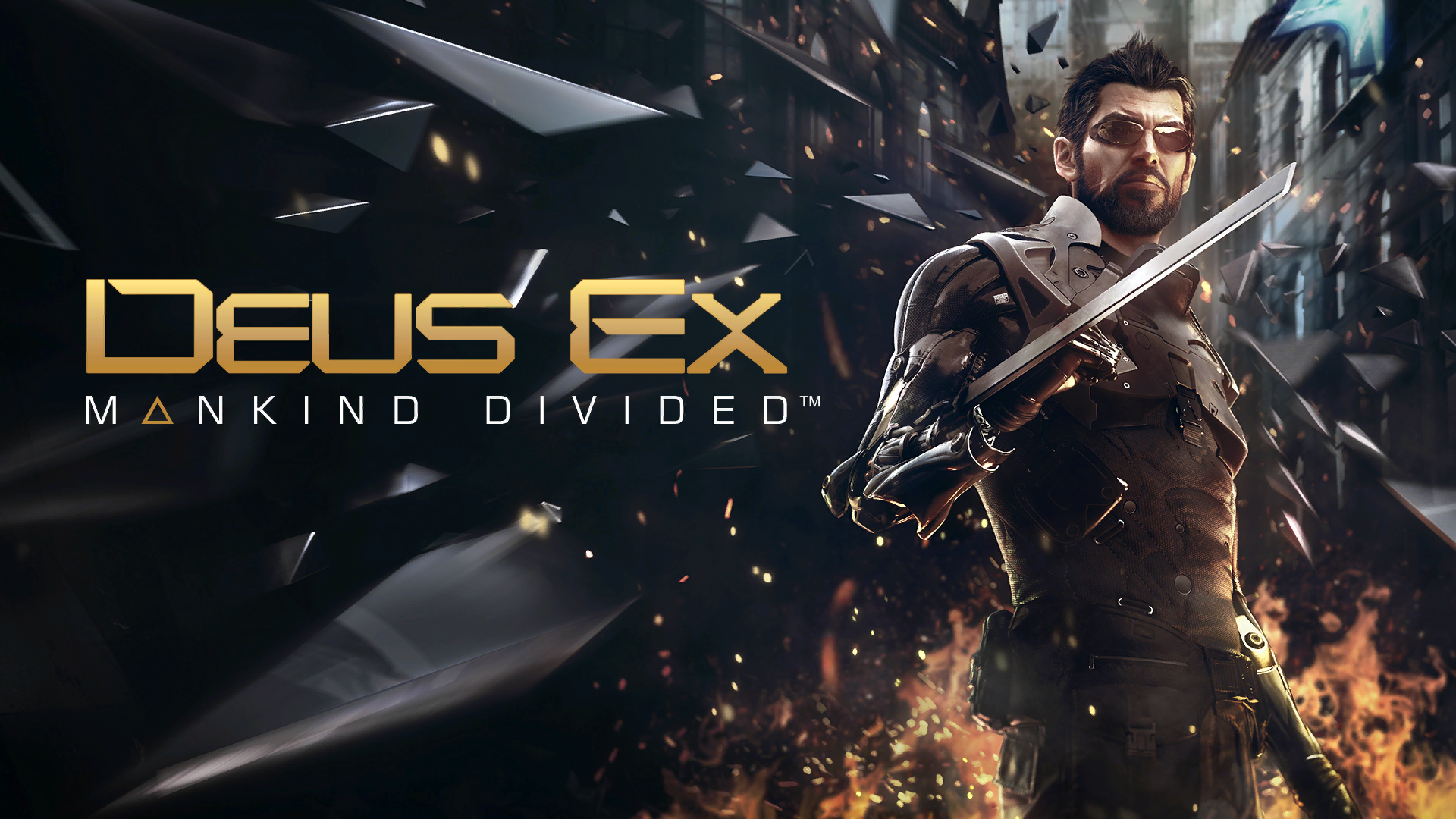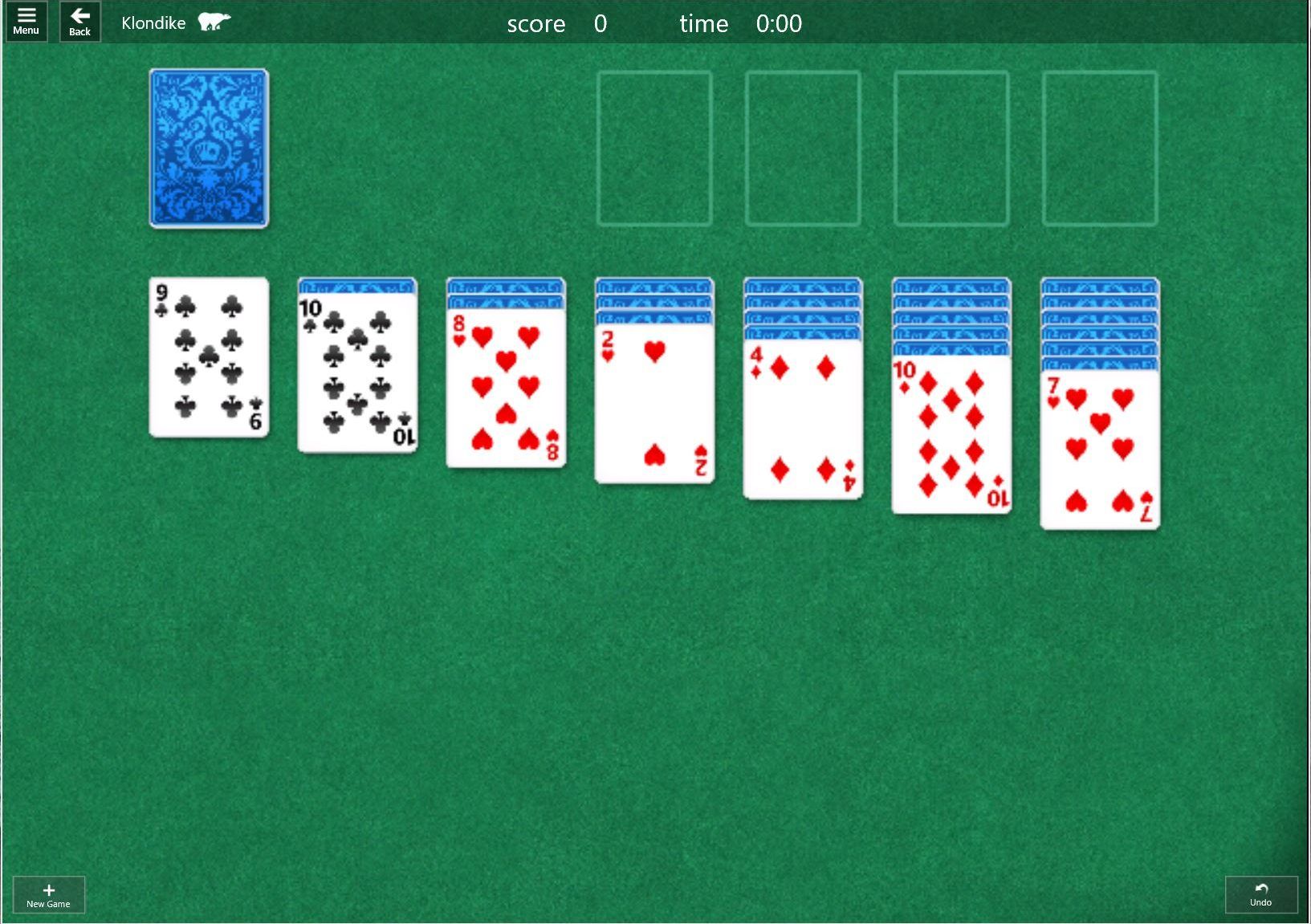Since its inception, video gaming has continuously reached heights and technically achieved far more than what most people would've expected. The industry has developed at a ridiculously fast pace, and has taken over most of the world. Gaming has quickly become one of the most common hobbies for most people, and slowly but surely companies have either established departments to take advantage of this particular niche, or have formed from the ground up in order to contribute in their own ways to develop this massive industry.
However, with the unmitigated rise of this industry, it's pretty much inevitable that corporates will try their hardest to make as much profit as possible by releasing games that prey on consumer naivety and ignorance in order to rake in as much money as they possibly can. There are various examples of such games that have faltered due to an obvious influence of corporate greed, and this list has compiled 15 such infamous games that are so greedy that gamers should stay away altogether.
15 Hearthstone
Hearthstone is a free-to-play game developed by Blizzard Entertainment that utilized the established lore of Warcraft in order to present a well-made card game with addictive mechanics that has proven quite successful, with 70 million registered players as of 2017. However, the game is an absolute chore if you decide to not spend a single penny on it.
After a few games, you'll realize that your deck doesn't match up to the other players who have a number of legendaries that can easily wipe you out. While you can buy a card pack with 100 gold, the process of farming this amount is extremely tedious, and the quickest way to get these card packs is by — no surprise here — buying them with actual money. Add to this the number of paid expansions released for the game, and it becomes fairly obvious that without spending money, the game will seem rather empty.
14 Every Call Of Duty Game Ever
Perhaps the worst thing about these games is the microtransactions. Since 2012's Black Ops II, microtransactions have become a staple of the franchise. While these purchases were only cosmetic in nature, it's Infinite Warfare that decided to give players who participated in microtransactions an unfair advantage. Weapons can now be obtained through Supply Drops that are unlocked through 'keys,' but the fastest way to get Supply Drops is by flat out buying them. The worst part is that some people can spend up to $50 and still not get a single rare weapon due to the skewed in-game odds.
Activision has completely bottled the single-player experience in favor of improving the multiplayer with each successive title (although Infinite Warfare had a pretty decent single-player campaign).
13 Final Fantasy XIII-2
While the Final Fantasy XIII trilogy isn't exactly one of the greatest games in the series, the second game, imparticular, left a bad taste in player's mouth due to its invasive measures regarding DLC.
Everything from weapons, outfits, accessories, Colosseum battles, and even story scenarios can be bought as DLC. The worst offender out of all of these is 'Lightning's Story: Requiem For A Goddess,' which contains scenes vital to understanding the ending of Final Fantasy XIII-2. Square Enix has recently come under fire for ruining games through their corporate practices, and this is a perfect example of this.
12 Evolve
Before release, everything was going well for Evolve. The game had received four critic's awards at E3 2014, and the hype machine was working wonders. However, pretty much everything soured quickly when the game was released. The game modes were quite lacking, match-making wasn't optimized, and there was an alarming lack of content in the game.
It seems there was a reason for the lack of additional content, since Evolve had a ton of players, monsters, and guns locked behind DLC. In fact, there was so much of it after releasing the first Hunting Season Pass (which one would expect to cover all or most of the game's DLC), Evolve confused and angered players by releasing another Season Pass in order to earn more money. No wonder the player base dwindled sharply mere days after launch.
11 Asura's Wrath
Asura's Wrath was a novel concept — a beat-em-up that incorporated interactive elements in order to tell an episodic anime story. The way it implemented these concepts was met with a fairly mixed response, but Asura's Wrath was still an admirable attempt at making a game with an immersive story. Unfortunately, the game was made by Capcom, which should already give you a hint as to what ruined the experience.
The game ends on a cliffhanger of sorts, and players who wanted to finish the story and witness the real ending would've had to pay $6.99 to see the game's true ending. Capcom has pulled off some questionable things with its games, and this move is at the top of the list of their moral transgressions.
10 Dungeon Keeper
No, we're not talking about the brilliant dungeon-keeping strategy games in the late 90s. The particular version of Dungeon Keeper we're talking about is a reboot made for iOS and Android that utilizes the much-dreaded freemium model of gaming. If that wasn't bad enough, the publisher of this game is Electronic Arts.
The complex strategy mechanics of the previous installments were scrapped in order to make Dungeon Keeper more of a tower-defense game. Microtransactions were forced down player's throats, to the point that playing the game without them seemed virtually impossible. To top it off, in order to get as many downloads for the game as possible, EA tried its best to mislead its customers through some shady marketing practices — namely, hiding the inclusion of in-app purchases in the fine print and filtering any user reviews that gave the game less than five stars.
9 FIFA 13 (Wii And PlayStation Vita Versions)
FIFA is one of EA's biggest cash cows in gaming, being arguably the most popular sports game series ever. The yearly releases barely have any differences from the others save for roster updates and minor graphical improvements, but FIFA 13 for the Wii and PlayStation Vita perfectly shows how greedy EA actually is.
Instead of substantially developing the game from the ground up for these consoles, EA decided to recycle entire assets from the previous titles, only making changes by updating the roster. Perhaps the worst thing about this is the fact that EA had the gall to release these recycled games at full price for both consoles without any shame whatsoever. It was pretty obvious that they didn't deem these platforms to be profitable enough to warrant a game developed from scratch, which is a slap in the face for players who have bought these two consoles.
8 The Simpsons: Tapped Out
Electronic Arts makes another entry on this list with their game The Simpsons: Tapped Out. At a glance, the game seems like a boon for long time fans of The Simpsons. Making your own Springfield with the various iconic characters of the franchise seems like a dream come true, and for the first few minutes, the game certainly does that... until you realize just how reliant it is on its in-app purchases.
Most of the content in the game can only be unlocked by spending a form of currency called donuts. While this can be obtained in game, the opportunities to do so are few and far between. The fastest way to get these donuts is by — you guessed it — purchasing them with actual money.
7 Prince Of Persia
The Prince Of Persia trilogy is hands down one of the greatest series in gaming. Tight controls, fun combat, smooth parkour and an immersive overarching story made this series a mainstay in the hearts of gamers around the world. So when a reboot was announced gamers were waiting with bated breath in order to play the next Prince Of Persia game.
While the game was substantially easier and lacked most of the challenge when compared to the previous entries, the game decent... and would've been even better had it not been for Ubisoft's mind-boggling decision of locking the epilogue behind a paywall. Seeing as how money-hungry Ubisoft has become in recent times, perhaps this was a sign of the things to come.
6 RollerCoaster Tycoon 4 Mobile
The RollerCoaster Tycoon series is arguably the most popular Tycoon series ever. The original RollerCoaster Tycoon and its sequel were lauded as some of the most addictive and immersive tycoon simulators ever made. While RollerCoaster Tycoon 3 didn't achieve the level of success of these two games, it was still a great game in its own right. The release of RollerCoaster Tycoon 4 for mobile, however, was a whole another story.
Adopting the vilified freemium model that we've seen multiple times on this list, this addition to the RollerCoaster Tycoon series ended up completely soiling the reputation of one of the greatest game series ever. An over-reliance on microtransactions, lack of features and excessively long load timers were some of the major criticism the game faced after launch. The lack of Chris Sawyer (the brainchild behind the series) was painfully evident, as the game lacked the charm of any of the previous titles.
5 Marvel: Ultimate Alliance
Marvel: Ultimate Alliance and its sequel were admittedly great games that were released in 2006 and 2009 respectively to favorable reviews. The title was a godsend to Marvel aficionados all over the world, who now had the ability to control their favorite Marvel character as they explored familiar locations, fought iconic villains and played through an entertaining story that utilized all the familiar aspects of the Marvel universe. However, it was when Activision re-released these games that their greed became painfully apparent.
The games were poorly optimized for PC, PlayStation 4 and Xbox One, and one had to pay $39.99 for one title or $59.99 for both (an astronomical asking price for games that are a decade old). To rub more salt in the wound, Activision didn't even bother to add the exclusive DLC characters in the first game until player backlash forced them to do so.
4 Star Wars Battlefront
When Star Wars Battlefront was confirmed to be rebooted at the beginning of the series, people couldn't wait for the game to be released. The graphics looked stunning, the combat seemed polished, and the authentic Star Wars feel of the game was undeniable. Some gamers were skeptical due to EA's involvement in the game — a publisher notorious for treating its games like tools for printing boatloads of money — and their fears were justified when Battlefront was released.
Pretty much every red flag was ticked right off the bat — no single-player, a lack of content, and a ridiculous $50 price tag for the season pass meant that the game was pretty much designed to cash-in on the Star Wars brand name.
3 Dead Space 3
Since its inception in 2008, Dead Space was one of the mainstay horror-action titles of gaming's seventh generation. The first two games of the series received rave reviews from critics, praising the game for its atmosphere, story and gameplay to name a few. However, when the third main entry was released, a game that could've been great ended up being somewhat disappointing due to EA's greed.
Dead Space 3 was marred with a ton of unnecessary and unbalanced DLC that made the game a cakewalk if one chose to purchase these items. Equipment packs, scavenger bot upgrades, and resource packs eliminated most of the challenge from the game. If that wasn't enough, EA released another DLC for the game called Dead Space 3: Awakened which contained the true ending for the story.
2 Deus Ex: Mankind Divided
After the success of Deus Ex: Human Revolution, gamers were anticipating the next title in the franchise since its development was leaked in April 2015. However, even before its arrival Square Enix managed to let their corporate meddling ruin what could've been a great game.
The game had the controversial 'augment your pre-order' scheme where rewards were split into different tiers based on the global level of pre-orders. Square Enix wisely chose to remove this complicated system after fan backlash, but their meddling didn't stop there. It has been alleged that Square Enix had forced Eidos Interactive to add microtransactions at the last minute, and the game was originally supposed to be longer, but Square Enix decided to shorten the game's length in order to facilitate another sequel. No wonder Mankind Divided failed to achieve the success of its predecessor.
1 Solitaire
Windows XP had a ton of games bundled with the OS that served as rather entertaining time wasters. From Solitaire to the legendary Pinball game, there were a ton of options available to players. While Pinball is long gone, Solitaire in still packaged in the latest Windows 10... but it's nothing like how you remember it to be.
What used to be a fun time-waster has now evolved into a grotesque version of its former self that uses coins, challenges and full-page advertisements (sometimes ranging up to 30 seconds) to ruin a simple card game. If your urge for playing Solitaire is so much that you want to get rid of these invasive adverts, you can choose to pay a monthly subscription of $1.49 in order to become a 'premium' member. For all the things that Windows 10 has done well, this particular move is a huge misstep on Microsoft's part.

